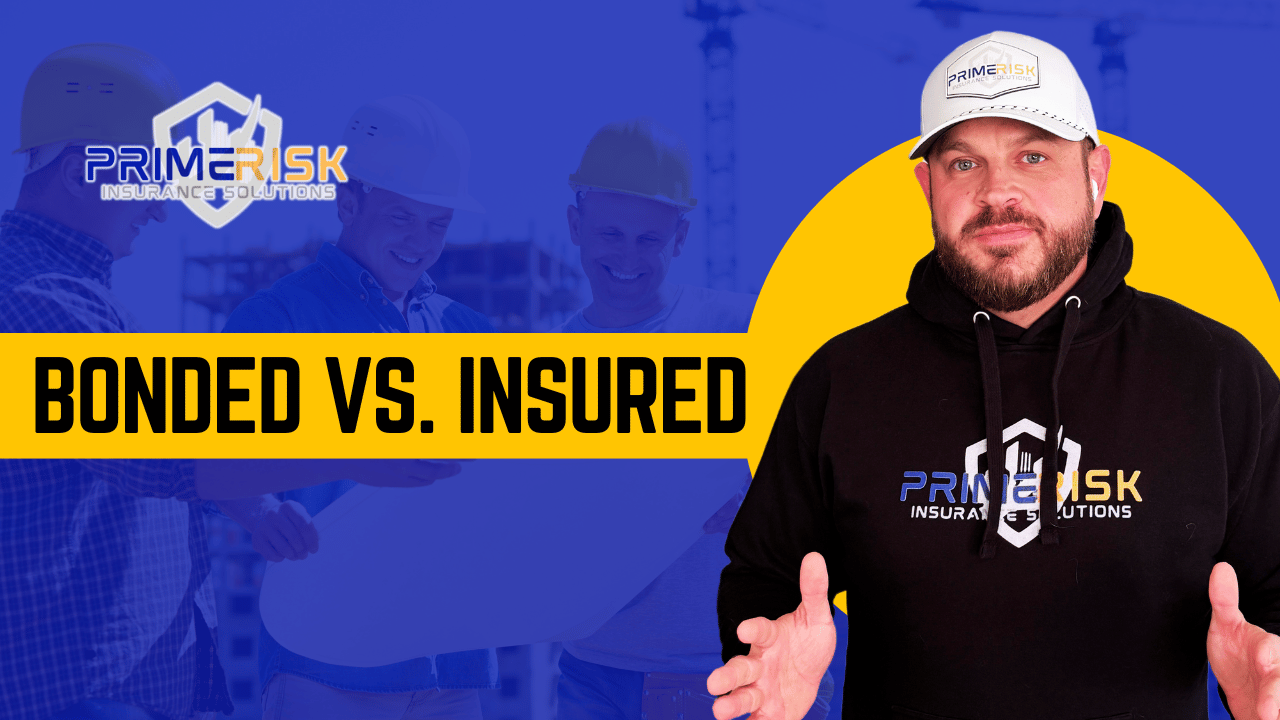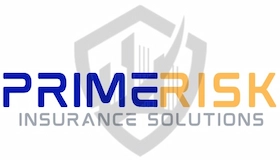
Are You Bonded or Insured — and Do You Even Know the Difference?
Could a misunderstanding of two simple words — “bonded” and “insured” — be the reason your next job or license renewal gets delayed, denied, or revoked?
Are you 100% sure you know which protects you… and which protects your client?
If you’re like most Arizona contractors, you’ve heard both terms dozens of times — but you might not fully understand the legal difference or how each one plays into ROC compliance and client trust.
In this article, you’ll learn:
- The critical difference between being bonded and insured as a contractor in Arizona
- What the Arizona Registrar of Contractors (ROC) requires — and why
- How to protect your license, reputation, and business from costly mistakes
What It Means to Be Bonded as an Arizona Contractor
Many contractors assume a bond is just another form of insurance. It’s not.
A bond is a legal guarantee — it protects your client, not you.
Being bonded means that if you:
- Fail to finish a project
- Break building codes
- Or violate ROC standards…
…your client can file a claim against your bond. The surety company pays out the claim — then comes after you to get reimbursed.
Bold takeaway: A bond isn’t a shield — it’s a financial backstop for the client, with the risk bouncing back to you.
What It Means to Be Insured as a Contractor in Arizona
Unlike a bond, insurance protects your business and your financial stability.
General liability insurance is critical when:
- Your team damages a client’s property
- Someone gets injured on-site
- A client sues you for negligence
Typical coverage includes:
- Property damage
- Bodily injury
- Legal defense costs
- Completed operations
Bonded vs. Insured: What’s the Difference?
Let’s clear this up once and for all:
| Feature | Bonded | Insured |
|---|---|---|
| Who it protects | The client or public | The contractor or business |
| Who pays initially | Surety company (recovers from you) | Insurance company |
| Why it’s required | Legal licensing requirement (ROC) | Protection from liability and lawsuits |
| Common triggers | Job abandonment, code violations | Accidents, injury, property damage |
| Repayment required? | Yes | No (unless you breach terms) |
Bottom line:
A bond keeps you legal. Insurance keeps you protected.
What the Arizona ROC Actually Requires from Contractors
To operate legally in Arizona, the Registrar of Contractors (ROC) mandates that you:
- Post a valid surety bond for your license type
- Carry general liability insurance for many license classes — especially commercial work
- Submit all documentation directly to the ROC
Bond amounts vary based on license type and estimated project volume — from $4,250 to $100,000+.
Failure to meet these requirements can result in:
- Denied applications or renewals
- Fines and civil penalties
- Suspended or revoked license status
Common Myths That Get Arizona Contractors in Trouble
Let’s clear up some damaging misconceptions that Kody sees all the time:
- “My bond will cover jobsite damage.”
→ False. Only insurance covers property damage. - “I only need one or the other.”
→ Wrong. You need both — one for legal licensing, one for protection. - “If something goes wrong, the surety pays.”
→ Yes, but then they send you the bill.
Why You Need Both — Or Risk Everything
Even if you’re “legal” with just a bond, you’re exposed without insurance.
Why you need both:
- Bonds cover compliance, not lawsuits
- Insurance handles risk, not licensing
- Clients often require both to award you the job
- Bids, permits, and contracts often demand proof of coverage
Bold takeaway: One uncovered incident can shut your business down — even if your work was flawless.
How to Get the Right Bond and Insurance — Fast
Don’t overthink it. Here’s the process contractors across Arizona follow:
- Know your license type
→ Check your required bond amount on the ROC’s site - Get quotes for both bond and liability
→ Use providers like Prime Risk Insurance for bundle coverage - Submit your bond
→ Most insurance agencies handle ROC submission for you electronically - Keep documentation handy
→ You’ll need it for permits, bids, and renewals
Conclusion: Don’t Let Confusion Cost You the Job
You’ve seen how misunderstanding “bonded vs. insured” can mean denied licenses, lost bids, or financial damage you didn’t see coming. With guidance from Prime Risk Insurance, you’re now equipped to take action with clarity and confidence.

